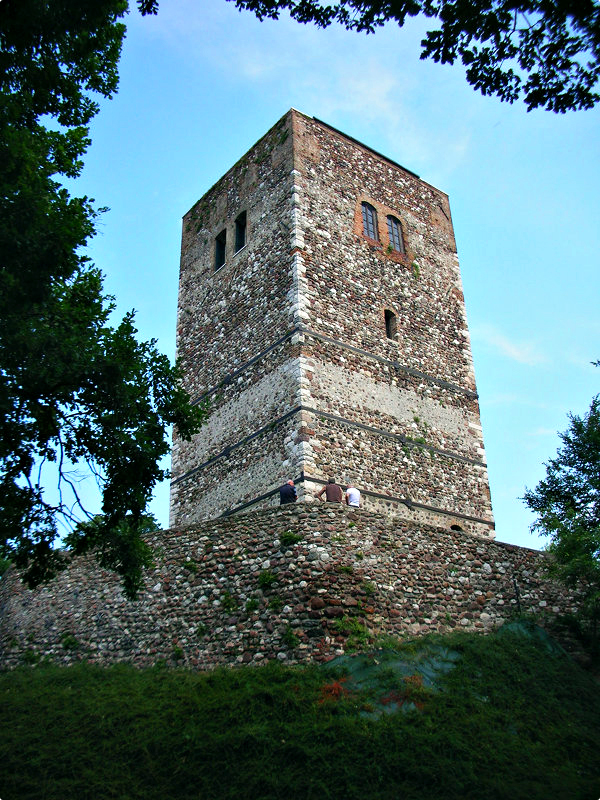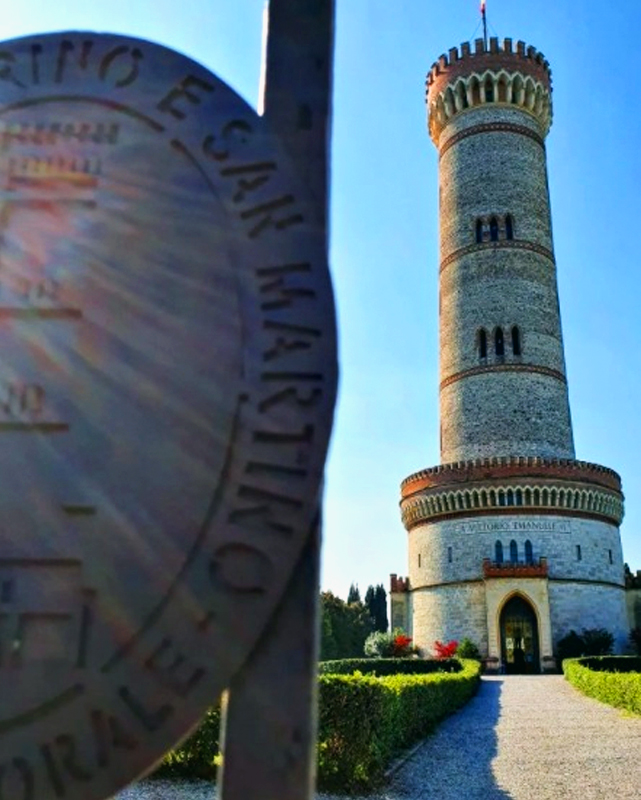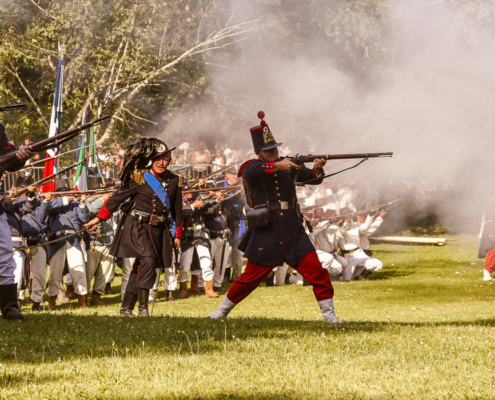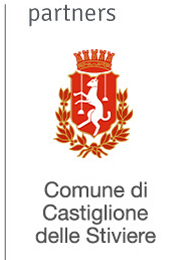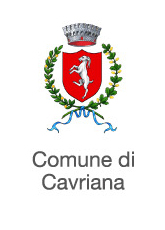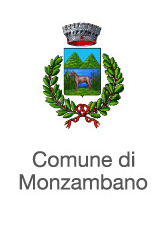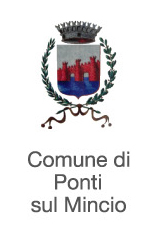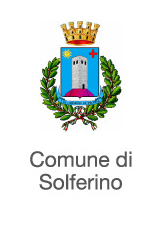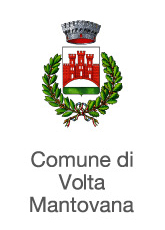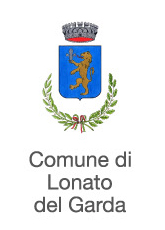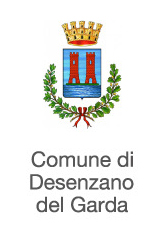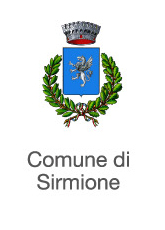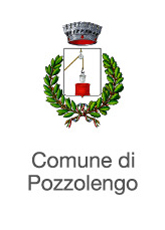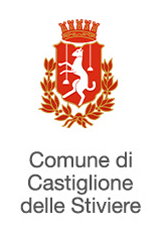![]() – Solferino
– Solferino
The Battle of Solferino and San Martino
The Battle of Solferino goes down in history as the last in which three sovereigns, key figures in nineteenth-century European history, found themselves directly engaged on the battlefield, a short distance from each other and on horseback: Franz Joseph, Napoleon III and Victor Emmanuel II. It all began in 1858, when in the quiet spa resort of Plombières-les-Bains, in Eastern France, just as war with Austria was imminent, the French emperor Napoleon III and Cavour signed the Franco-Piedmontese alliance agreements. The treaty provides, among other things, that French troops would help those of the Kingdom of Sardinia in the event of an invasion by Austria. The latter arrived, thanks also to the diplomatic skills of Cavour, on 26 April 1859, giving rise to the Second War of Independence. Despite the impressive numbers of the army composed of 130,000 men led by General Gyulai, the conflict is characterized by a first phase of great Austrian uncertainty. The Savoy army, on the other hand, is made up of 60,000 men, headed by King Vittorio Emanuele II and General La Marmora. However, Napoleon III’s troops flowed from France, also characterized by impressive numbers: 5 army corps plus the Imperial Guard. On 8 June 1859 Vittorio Emanuele II and Napoleon III entered Milan and in Tuscany and Emilia-Romagna the populations rose up and drove out their sovereigns, forming the army of central Italy and also asking for annexation to the Savoy Kingdom . At dawn the French explorers discover the Austrian vanguard camped in Solferino since the evening before and immediately warn Napoleon III. Neither side imagined that there would be a battle that day, so much so that the clash began in a disjointed and chaotic manner. The clashes are furious, after about 15 hours of fighting, the Franco-Piedmontese allies manage to defeat their opponent. The losses are also very high, around 5000 units dead and wounded for the Piedmontese, almost double for the French allies and around 22,000 soldiers of the Habsburg army. Many wounded left on the battlefield, unable to move, are left to fend for themselves. The atrocity of this event was such that it marked the birth of the Red Cross.
Good to know


